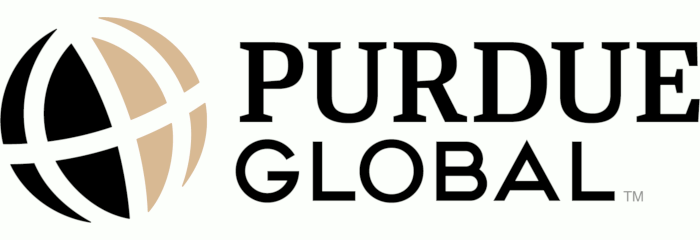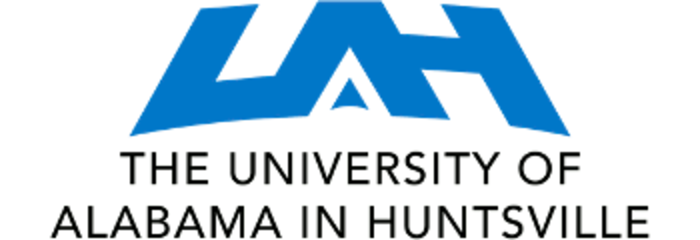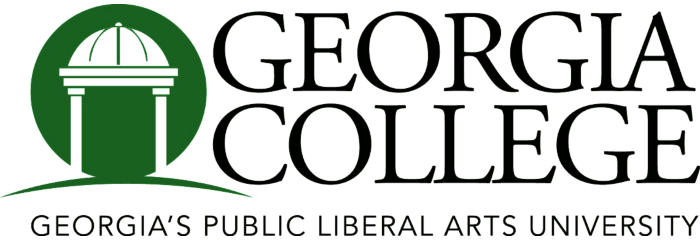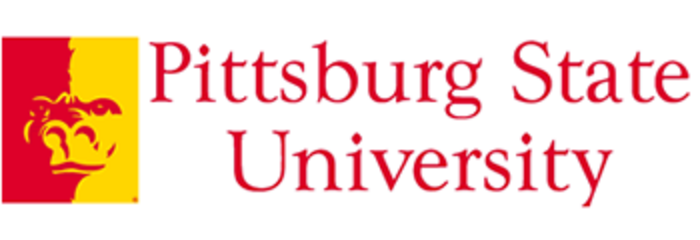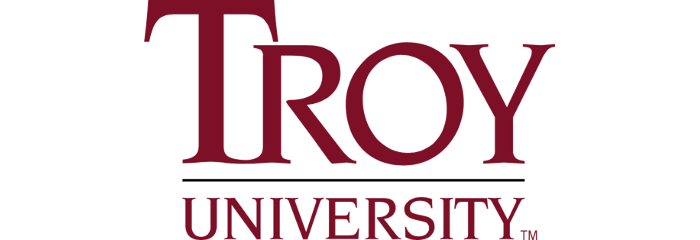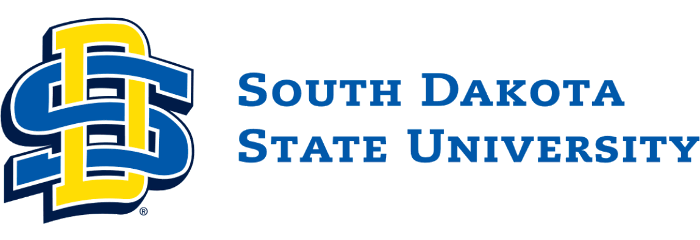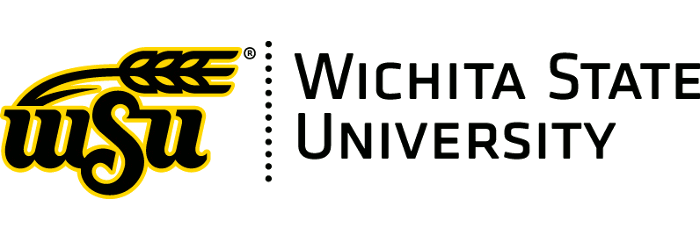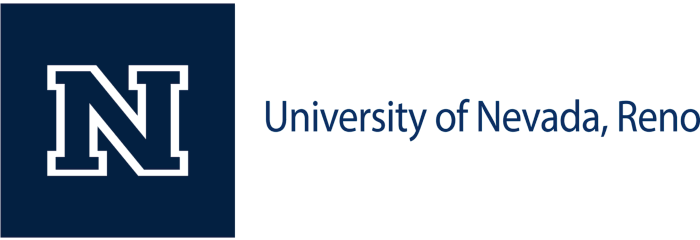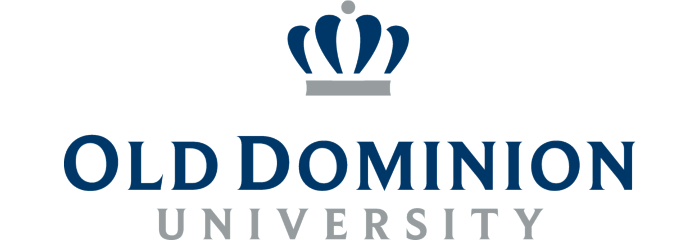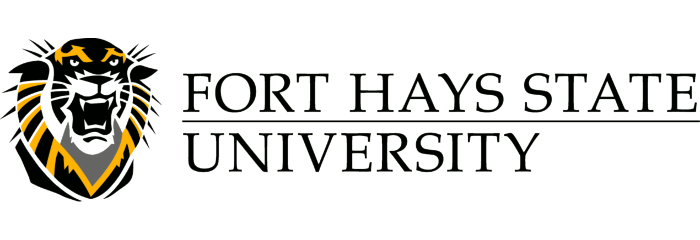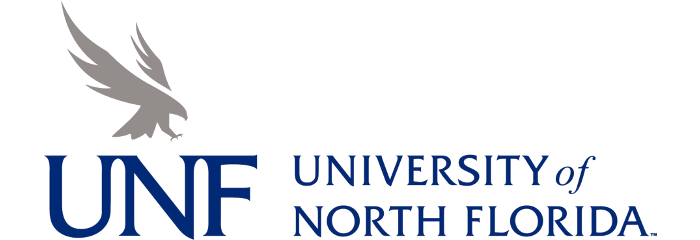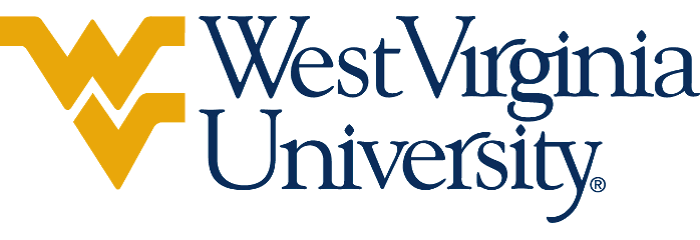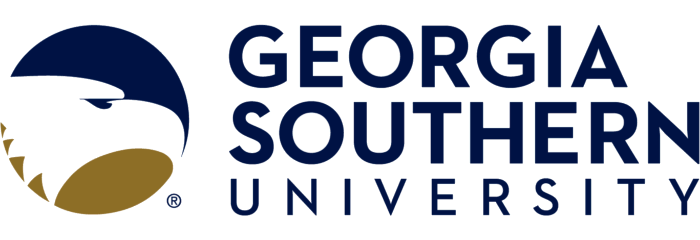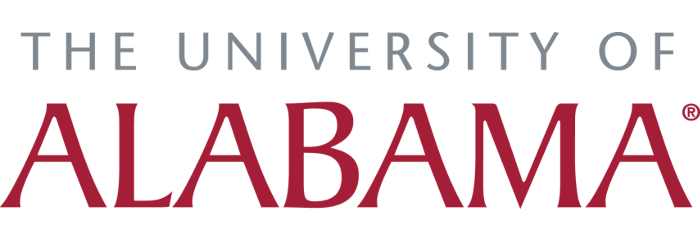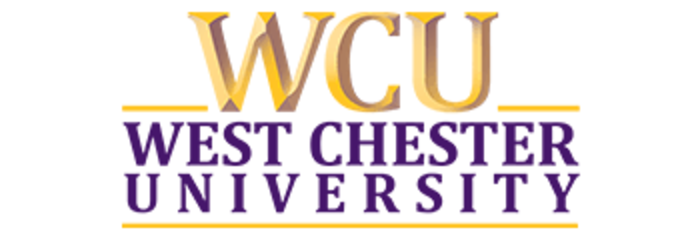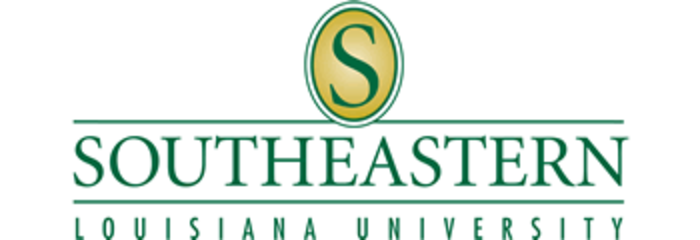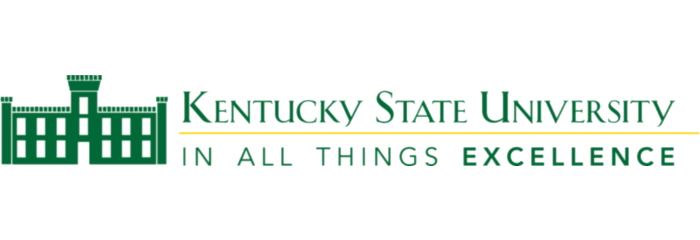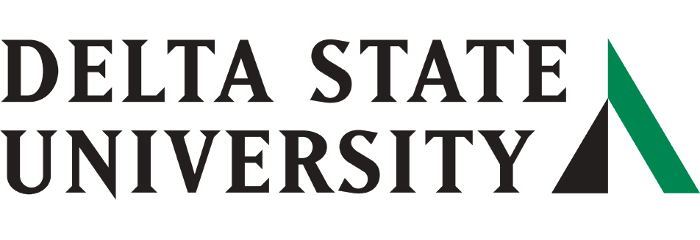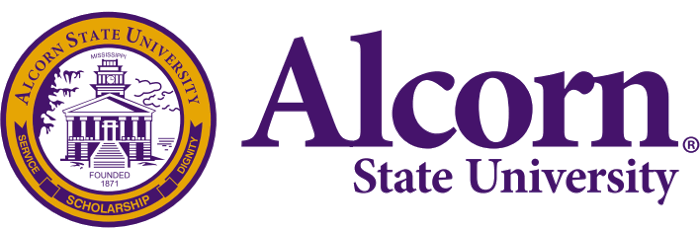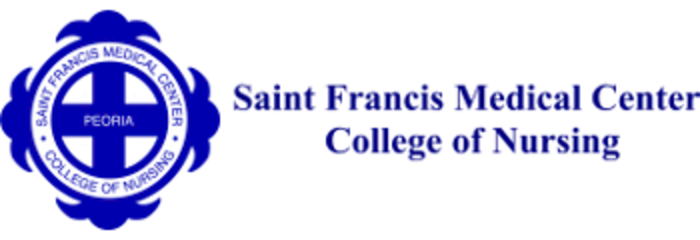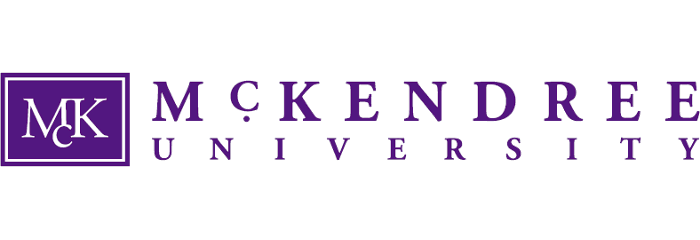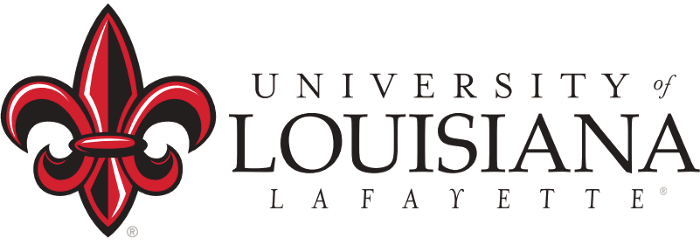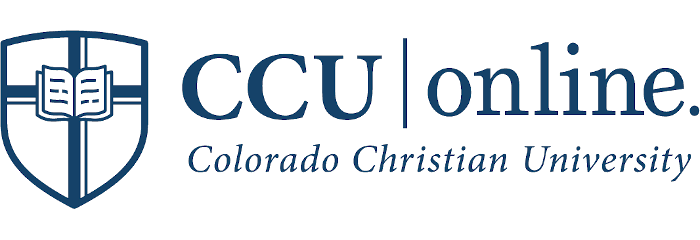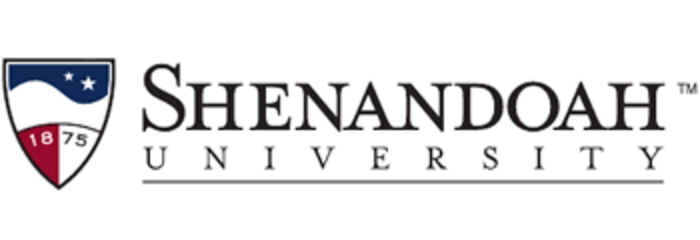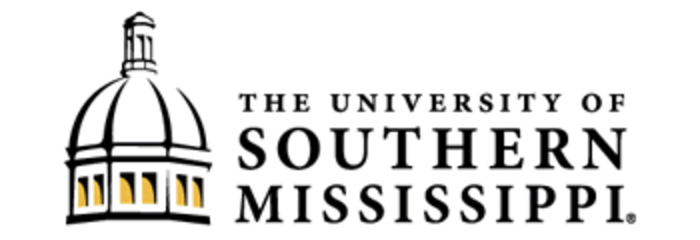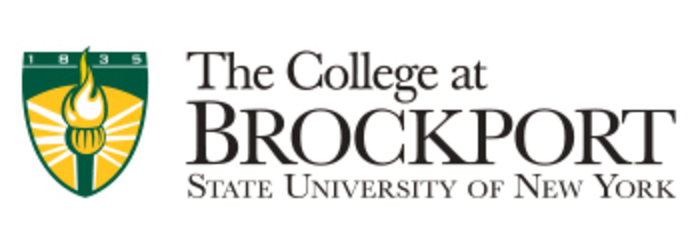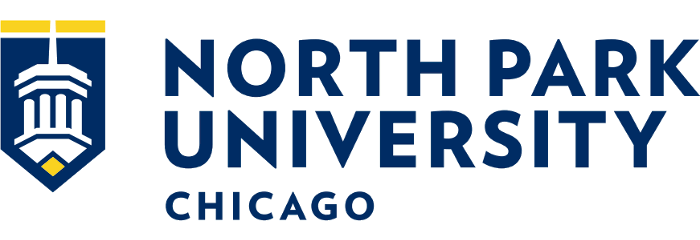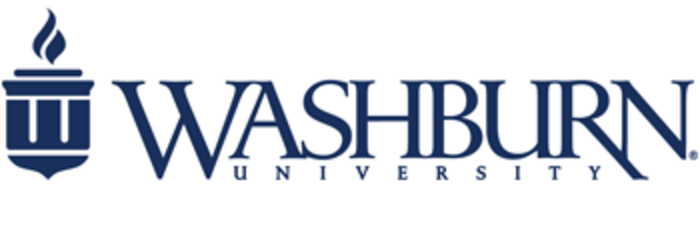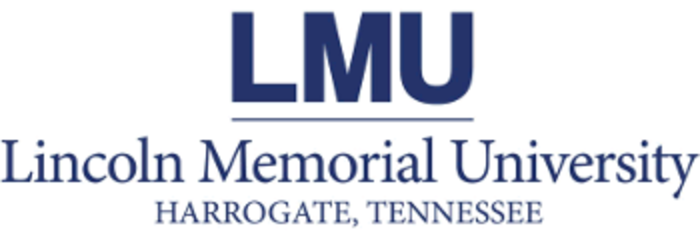
The cheapest online DNP program provides an affordable and flexible path for nurses to advance into clinical leadership without stepping away from their current roles. These fully online doctorate programs in nursing focus on evidence-based practice, patient care technology, and healthcare policy, empowering professionals to shape the future of nursing at the highest levels.
Key Takeaways:
- The University of Alabama ranks #1 with a tuition of just $916 per year.
- The University of Southern Mississippi leads in graduate earnings with a median of $184,649 for its DNP, placing it in the top 2% nationwide.
- Saint Francis Medical Center College of Nursing offers the best student-to-faculty ratio on our list at 8:1, supporting close-knit academic engagement.
All schools are institutionally accredited with fully online DNPS. We rank them based on manually collected tuition rates. For more details, please see our methodology.
2025 Most Affordable Online DNP Programs
ADVERTISEMENT
Online DNP Doctoral Degrees You May Be Interested In
Choosing an Online DNP Program
What Factors Should I Consider When Choosing an Online DNP Program?
Accreditation is one of the most important factors to consider when choosing a DNP degree. Enrollment in an accredited Doctor of Nursing Practice program ensures that graduates will qualify for licensure and certification in whatever nursing position they choose to pursue. Employers may prefer to hire nurses who have completed a program accredited by the (CCNE) or the (ACEN). These organizations are the only accreditors recognized by the U.S. Department of Education as accreditors for nursing programs. They ensure nursing programs are held to universal academic standards and meet specific industry requirements to better prepare nurses for healthcare roles.
Accreditation is one of the most important factors to consider when choosing a DNP degree.
Prospective students should also consider what DNP program options a school has available. There are many specializations within these programs, including adult-gerontological acute care, family nurse practitioner, nursing administration, neonatal nurse practitioner, nursing informatics, public health administration, women's health, and nurse educator tracks.
Students enrolled in a DNP program need at least 1,000 clinical practice hours. Those considering an online program should look closely at the requirements to ensure they can complete their nursing practicum locally. This is especially important for nurses who want to complete clinical hours at their current place of work.
Students who plan to seek APRN certification should check the eligibility requirements for their intended specialization when choosing a program. Each APRN certification has specific criteria for supervised clinical experience hours, program accreditation, and core competencies that must be included in the coursework.
Common Online DNP Courses
Students of DNP programs will likely take some of the following courses, though specific course names may vary by school.
- Advanced Clinical Decision Making: To assess, diagnose, and treat patients, APRNs and other healthcare workers must make informed decisions based on many different variables. Advanced clinical decision making incorporates critical thinking and clinical problem-solving skills that nurses apply in a range of complex healthcare settings. This course provides nurses with a strategic framework for making evidence-based decisions when providing healthcare to offer the best outcome for patients.
- Applied Clinical Pharmacology: Pharmacology is the study of drugs used in patient care to prevent, diagnose, and treat disease. In applied clinical pharmacology courses, students will learn how drugs affect different body systems and how to prescribe and administer them for primary patient care. Advanced pharmacology courses also cover legal requirements and ethics related to drug prescription.
- Epidemiology and Population Health: Epidemiology is the scientific study of disease and other health issues within a population. In this class, DNP students learn clinical epidemiology concepts such as risk factor analysis, public health surveillance, and the health impacts of social trends. They will also study how to use epidemiological methods to develop health policies and practices and evaluate the health of specific groups or communities. Course topics may include epidemiology in the workplace, study design, data sources, statistical measures, methods of evaluation, and prevention of health conditions.
- Health Policy and Advocacy: This course focuses on the relationship between policy and healthcare delivery in nursing. In this class, DNP students learn how to evaluate health policies and understand their impact on healthcare quality. Coursework may examine the role of health policy at the organizational, community, state, and/or federal levels. Some courses also cover social justice strategies in healthcare systems. Other courses may incorporate leadership strategies for health advocacy.
- Populations & Social Determinants of Health: Many factors can affect a person's health, including social, political, cultural, environmental, and economic factors. Some DNP programs include courses on how these factors can cause health inequity. Courses, such as this focus on healthcare barriers and how social determinants affect health equity in different populations. Other courses may cover community-based healthcare, promoting health and prevention of health issues within communities, and understanding the needs of diverse populations.
Should I Get My MSN or DNP?
Nursing professionals who currently hold a Bachelor of Science in Nursing may be considering either an MSN or DNP program. Choosing between these different levels of education is a personal decision that will depend on individual career goals and how much time and money a student is able to dedicate to their studies. Both degrees will allow nurses to become APRNs. Generally, earning a DNP is a better choice for nurses seeking roles in leadership, administration, education, or research. Earning an MSN can lead to specialized nursing roles.
The major differences between these two degrees are cost, length of time to completion, and salary benefits. Earning an MSN will likely take less time and cost less than earning a DNP, but may also mean lower average salary rates, depending on the specialty area or chosen career path. Earning a DNP will require more credit hours, take a longer amount of time, and may be more expensive, depending on the program. However, a DNP may be necessary for some positions and may qualify nurses for higher pay.
How Long Does an Online DNP Program Take?
As with any doctoral program, the length of an online DNP program depends on a few factors: what degree a student holds before entering the program, whether they attend full time or part time, and whether the program requires a dissertation. On average, MSN-prepared nurses will earn their DNP in two-three years, whereas nurses with a BSN will need five-six years to complete the degree.
MSN students take many of the classes required to graduate with a DNP, and this effort is usually rewarded with a shorter time to graduation. Students in a BSN-to-DNP program need to demonstrate their aptitude with the graduate-level coursework included in an MSN program before they move to the DNP requirements.
MSN students take many of the classes required to graduate with a DNP, and this effort is usually rewarded with a shorter time to graduation.
DNPs are practice doctorates rather than research doctorates, which means they're terminal degrees that aim to prepare students for a profession rather than a career in research or teaching. Therefore, most DNP programs culminate in a capstone course that features a semester-long research project rather than a dissertation that could take years to write.
Cost of an Online DNP Degree
We have limited data on the average cost of online graduate degrees, but bachelor's degrees are significantly more affordable online, especially for out-of-state students or those who attend private colleges and universities.
Given the for DNP-prepared nurses, a student's employer may agree to partially subsidize the degree in exchange for a guaranteed period of service after graduation. Many employers provide up to $5,250 a year, which is the amount they can pay without being taxed. We cover additional ways of funding an online degree below.
Funding an Online DNP Program
Earning a DNP degree is a significant financial investment, but there are opportunities to lower the total cost. The first step prospective DNP students should take is to apply for federal and state financial aid by filling out the FAFSA. This form is used by the federal government to determine how much money students will need, in the form of grants and loans, to pay for their education. Colleges and states also use this information to award scholarships and grants. To receive aid from a state government, the student may need to reside in the state where their online program is based.
These are some of the best ways to fund a degree program because they don't require repayment. Many schools offer graduate-level scholarships and grants, and funding specifically for nursing students. Prospective DNP students should check their school's financial aid webpage for more information about scholarships offered by their institution. There are also many nursing and healthcare organizations that offer scholarships and grants to nursing students, including the , an agency of the U.S. Bureau of Health Workforce, which provides scholarships to nursing students who plan to work in facilities with nurse shortages. Other opportunities are offered by the (AACN), the (AORN), and the (AANP). The has compiled a list of additional grants and scholarships available to DNP students.
Many DNP students qualify for loan repayment programs. The U.S. Department of Health and Human Services offers a that repays up to 85% of student loan debt for licensed registered nurses, advanced practice registered nurses (APRNs), and other nurse faculty members who work in either an accredited school of nursing or facilities with healthcare worker shortages. Some schools also participate in the . This option is a good choice for DNP students who plan to go into nursing education — up to 85% of their student loans can be forgiven if they work in a school of nursing for four years post-graduation.
Is a DNP Worth It?
Most applicants considering a DNP already have a nursing degree and years of experience, so the prospect of several more years of hard study can be daunting. Although the advanced degree won't be worth the costs for everyone, it can provide a major career boost in terms of salary and employability.
Potential benefits
- A DNP graduate who passes a licensing exam is eligible for a high-paying, fast-growing role. The majority of APRNs work as nurse practitioners. NPs earn a median annual salary of $112,000 and have a projected job growth of 52% through 2029.
- A doctorate may soon be required for a number of APRN roles. The will stop accrediting master's programs for certified registered nurse anesthetists after 2022 in favor of a doctorate. In addition, the hopes to make the DNP its entry-level degree for NPs by 2025, but for now, it's not a requirement.
- APRNs are with their choice to pursue an advanced nursing degree.
Potential drawbacks
- To graduate, DNP students need to complete more than 1,000 hours of clinical practice. Working nurses may be able to complete these at their current positions, but their employer will usually require that nurses perform clinical hours separate from work hours. If the student's chosen focus area differs from their current job, they may need to travel to a second location for clinicals.
- DNPs can be expensive. Annual tuition for the most affordable online programs ranges from about $4,000 to $9,000, but many cost upwards of $15,000 per year. To estimate the full cost of the degree, students should add the cost of books, supplies, and fees, and then multiply the total by two to four years for the program.
Nothing about nursing classes make them especially well- or ill-suited to distance learning, but the usual caveats apply. Online programs allow students to work on assignments, watch lectures, and post to discussion forums on their own time as long as they respect due dates. Students don't need to uproot their lives to move close to school if they find an ideal program in another area of the country. One downside is that students might forgo some informal networking opportunities that take place on campus, but this may be offset by a DNP student's field experience. Each student needs to log more than 1,000 clinical hours in a healthcare facility, where they can make helpful contacts.
Salary Outlook: DNP vs. NP Salary
Nurse practitioners (NPs) are APRNs who work in a wide range of settings. They diagnose and treat medical problems and have the power to prescribe medication in all states. According to salary data from PayScale at the time of writing, nurses earn about $8,000 more per year, with an average salary of $104,000, than those . DNP graduates are also better prepared for more advanced nursing research and leadership roles or positions as faculty members or administrators.
Even if someone isn't motivated by a higher salary, they may want to consider a DNP to stay competitive with the rest of the workforce. Currently, an MSN is the minimum degree required for NP certification, but several nursing organizations (including the American Association of Colleges of Nursing) are advocating for the DNP to for entry into NP practice. The industry hasn't yet adopted this change, but the trend in nursing education is to require more advanced credentials among nurses. For example, beginning in 2025, a doctorate will be required for nurses to certify as a registered nurse anesthetist (CRNA), one of the positions within the field.
Student Reviews of Online DNP Programs
The Chamberlain DNP program is absolutely phenomenal! From the moment you begin, you can tell that the professors are not only knowledgeable but also incredibly responsive and deeply invested in their students. They genuinely care about your success and go above and beyond to ensure you have the resources, guidance, and support needed to thrive.
What truly sets this program apart is the dedicated faculty who provide timely feedback, insightful guidance, and unwavering encouragement. Whether it’s through... Read More
The curriculum is rigorous yet highly practical, seamlessly integrating advanced nursing concepts, leadership strategies, quality improvement initiatives, and healthcare policy analysis. Chamberlain ensures that students are well-equipped to make real-world impacts in healthcare, improving patient outcomes and transforming care delivery.
If you are looking for a DNP program that challenges, supports, and truly inspires you, Chamberlain is the perfect choice. It is an outstanding program that will help you elevate your career, strengthen your leadership skills, and empower you to drive meaningful change in your organization and the broader healthcare landscape. I highly recommend it to any nurse looking to advance their practice and make a lasting difference!
Review Date: 3/17/2025
Would Recommend: Yes
Helpful for Career: Yes
I am 30/70 on recommending the school. If you are a novice student, have little to no experience with professional teachers and academia, and like to be treated like an elementary school student when you hold the same if not more degrees than your professor? It’s perfect!! Otherwise I have not been impressed with my experience. Many of the faculty treat the students like undergraduates when we are peers to them. I have not had consistency in grading or teaching styles. I also have had a very bad... Read More
Review Date: 2/6/2024
Would Recommend: No
Helpful for Career: No
Aspen was the perfect university for me - someone who worked full time, with a young one (1-3 years old), and who required the flexibility in both scheduling as well as payment options. My faculty mentor, Dr. Pearce, was AMAZINGLY supportive and one of the reasons why I’ve enjoyed my time at Aspen university so much. I’ve recommended this school to other colleagues and have recruited 2 more students to the DNP program.
However, I am very disappointed that they cancelled the 2025 graduation ceremony.... Read More
Review Date: 6/1/2025
Would Recommend: Yes
Helpful for Career: Yes
I started Chamberlain University as an DNP student in October 2021. I have thoroughly enjoyed the program. The instructors are great and very supportive. Chamberlain offers their students many, many resources to ensure your experience is successful and rewarding. I would definitely recommend Chamberlain to anyone wanting to further their education.
Review Date: 3/31/2023
Would Recommend: Yes
Helpful for Career: No
I received my BSN from Aspen and cannot say enough good things about it. I do not understand why it is nationally accredited because the course work was extremely hard and I earned my degree. I went on to get my MSN in Leadership and am now in the DNP program and very excited about having a Doctorate. I really can't say enough good things about this school. Online school gives you back the effort you put into it. My advisors have all been amazing and I have been able to advance my career and earning... Read More
Review Date: 1/27/2022
Would Recommend: Yes
Helpful for Career: No
This school does not hand hold and spoon feed. If you are looking for a school to do that for you then do not choose Aspen. It is mostly papers and discussion boards. The benefit of that is you focus your papers to the research and time you put into it. If you have weak writing skills or lack motivation to learn based on your self-initiative and need an instructor to do of for you, then you should seek a more structured program that is face to face. Online learning just can't do that for you. Aspen... Read More
Review Date: 8/16/2021
Would Recommend: Yes
Helpful for Career: No
I have been extremely satisfied with the quality of the professors in the DNP program, I feel they are challenging while being extremely supportive. The level of academic rigor is high and the expectations are clearly explained. The online platform and resources are top-notch, I have colleagues in other online programs and the online resources and support are far less in other programs. I highly recommend Chamberlain College of Nursing.
Review Date: 12/4/2020
Would Recommend: Yes
Helpful for Career: No
I finished the Chamberlain DNP program this year and so far, I am satisfied with the support that I received from the DNP faculty. There was a time when the program was challenging, but with the help of the professors, I got through it. Time management, discipline, and hard work is very important since all of the courses are online and supplement the things that you do not know by reading further.
Review Date: 12/28/2020
Would Recommend: Yes
Helpful for Career: No
It was the best experience of my life. The professors are helpful, and make sure the student have the best experience. The professors were available 24/7, they did not mind to call them on their personal cell number. Dr. Taylor my faculty mentor is awesome lady. And without Dr. Daly and especially Dr. Copeland I would have not finished my degree.
Review Date: 1/1/2021
Would Recommend: Yes
Helpful for Career: No
Chamberlain University DNP makes it possible to the pursue my dream. I cannot come this far without the love and supports from my professors. The professors are very supportive of their students. I had wonderful experience from the beginning to the end of my school year.
Review Date: 1/6/2022
Would Recommend: No
Helpful for Career: No
Chamberlain DNP program is very organized. The level of support your receive from faculty and students makes a huge difference in the online setting. Staff is always available to you at any time if you have any concerns regarding your finance account, practicum or courses. I will recommend Chamberlain to any nurse who is driven to work hard and attain their degree. I am very pleased and proud of the knowldge i have acquired from attending Chamberlain University.
Review Date: 10/9/2018
Would Recommend: Yes
Helpful for Career: Yes
The faculty and course content was appropriate. My problem was the system called Canvass. I reviewed the online Canvass tutorial but it was not helpful when it came to staying organized with the live program. Too much content was printed, the canvass view was cluttered and confusing to use. I am a hands on person and a little older than my cohorts and the online review was not helpful. Contacts to the IT department were not helpful either. Maybe more input from older students returning for their... Read More
Review Date: 1/19/2019
Would Recommend: Yes
Helpful for Career: No
I have had a really good experience with Chamberlain College. I have taken several courses and all but two of the professors have been uplifting, encouraging leaders who are there for you. I also appreciate that the program seems tailored to those working full time. Very good experience, glad I chose Chamberlain! CLHK
Review Date: 10/9/2018
Would Recommend: Yes
Helpful for Career: Yes
DNP is a challenging degree program. It requires hard work and a plan to finish. It can be achieved in under 3 years if you are determined and have the ability to attend full time. I like that fact that you can't remain a "FOREVER" student, you have to show progression towards finishing the degree.
Review Date: 5/14/2018
Would Recommend: Yes
Helpful for Career: Yes
I completed my MSN with Capella University online and enjoyed it so much I am now currently working on my DNP through Capella.
Review Date: 4/13/2015
Would Recommend: Yes
Helpful for Career: No
The University of San Francisco is a widely respected institution in one of the greatest cities in the United States. Their Doctor of Nursing program tracks are second to none. There are many options and flexibility which allows students to make the most of their graduate experience. The University of San Francisco's DNP program prepares their students to be competent healthcare professional leaders in a rigorous and diverse learning environment.
Review Date: 1/17/2018
Would Recommend: Yes
Helpful for Career: No
Completing my doctorate degree at Frontier Nursing University was the best investment that I could make financially, professionally and academically. The campus is breath taking. You get the best of distance education with a brick and mortar feel of a traditional classroom. Classes while on campus are literally held in an historic barn. They have an innate grass-roots feel that really speaks to the heart and history of the profession and advancement of nursing! They have been at the forefront since... Read More
Review Date: 9/13/2018
Would Recommend: Yes
Helpful for Career: No



